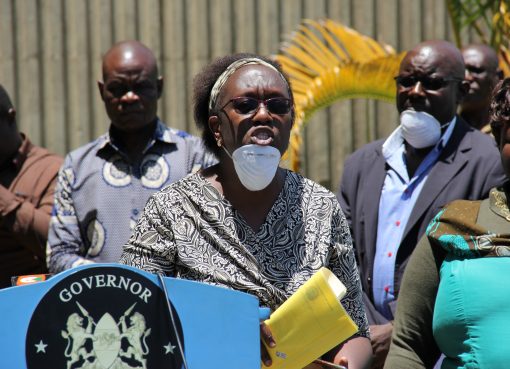Murang’a County Government has urged maize farmers in the county to insure their crop in the Kenya Agricultural Insurance Programme.
The programme is r unning in Maragwa and Gatanga constituencies whose farmers are predominantly maize growers.
The County Director of Agriculture, Nelson Muraguri, told Kenya News Agency (KNA) that the insurance programme is designed to address the challenges that maize producers face whenever there are large production shocks such as drought and floods.
Muraguri said that the programme which was introduced in the county in 2017 targets to register all maize farmers at every onset of the rainy season.
The Agricultural extension officers will facilitate the registration of farmers at the grassroots. A farmer is supposed to pay half of the insurance premium fee while the government subsidises the other half.
For example, Muraguri said that sum assured per acre of maize was Sh.10, 395 with a rounded premium of Sh. 1,240 of which the farmer pays Sh. 620 while the government pays the other Sh. 620.
He said that the programme is a public private partnership with the government of Kenya and insurance companies such as Jubilee Insurance, UAP Company, Syngenta Company and CIC insurance.
Under the programme farmers are divided up into insurance units. If average production in one of the units falls below the threshold, all insured farmers in the unit receive a payout.
The programme that is being implemented in 27 counties enables better financial protection for vulnerable farmers and also reduces the government’s need to provide financial support following natural disasters.
The agricultural officer said that crop insurance is in line with one of the Big Four Agenda which is food security.
He added that the program was a necessary intervention by the government to improve farmers’ financial resilience and ability to adopt improved production process to help break the poverty cycle.
By Hildah Muchahi/Judith Thuo



